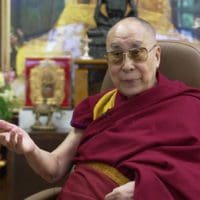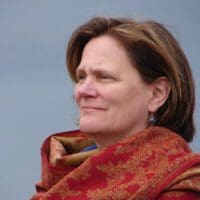Overview
Based on texts from 12th-century Beguines (contemplative laywomen) and 4th through 7th-century desert ascetics (early monastics), Farley offers an early Christian interpretation of desire and craving. Contemplative Christianity recognizes healthy and diseased forms of desire. In its unhealthy form, desire becomes a kind of craving, somewhat cognate to addiction. The ego, tormented by anxiety and craving, encounters the world as a (meretricious) promise of relief and happiness. Strategies to use the world to satisfy desire objectify others and tend toward self-destructive forms of relief. Negative mental habits (anger, vainglory, anxiety, lust) take root in the mind, not as passing emotions but as enslaving constituent structures, often hidden from consciousness. In contrast, healthy desire displaces both the object and structure of craving. Desire is no longer oriented toward ego centric satisfactions but turns toward absolute, unconditional love [agape]. Agape is simultaneously other than the self (God) and the deepest truth of the non egocentric “self.” Non-egocentric desire for agape disenchants the ego and opens awareness to the nondiscursive dimension of mind. This opening places mind on its “throne of peace” (non-attachment) and reorients to others as subjects of sympathetic joy and compassionate concern. Desire to participate in agape is a powerful antidote to craving. Healing of diseased desire is sought through watching the mind, meditation, contemplation, and compassionate practices. Remembering the luminous love that is one’s deeper identity counters the addict’s self-loathing, contributing to recovery.
- Dialogue 2711 sessions
- October 31, 2013Dharamsala, Himachal Pradesh, India



